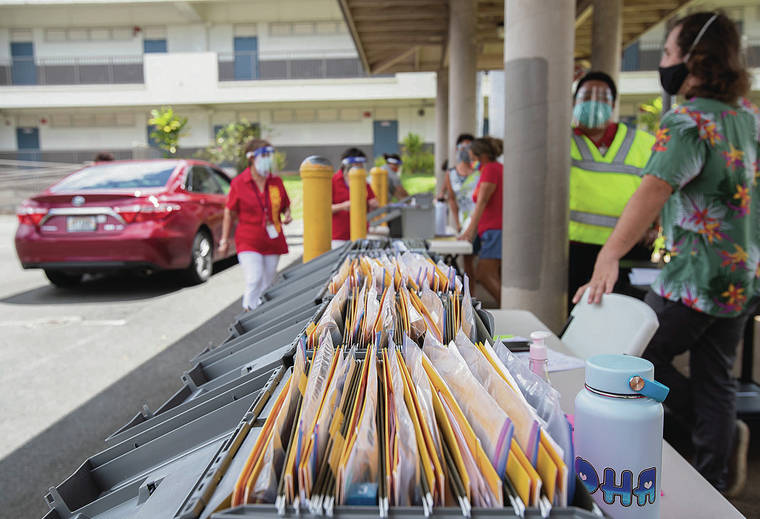The COVID-19 pandemic has not only unleashed a fearful and destabilizing health crisis. In its wake it has exposed our state’s economic vulnerabilities, outdated systems and social inequities that demand public investment.
Companies are ill-prepared for sustained economic blows. Antiquated technology systems in state government are falling short. Families are depleting their savings as workers sidelined by the pandemic desperately hope for business and industry to fully reopen. Those in crisis pre-COVID have fallen deeper into despair. Those struggling with the inequities of pay, housing, health care and child care limitations are taking a major hit on their already fragile situations.
As our residents grasp for solutions and seek out leaders to lead the way to recovery, those in a position of power too often spend their energy demanding more studies and reports that serve as distractions as we struggle with how to mitigate harsh inequities.
It’s easy to stand on the sidelines critiquing all that should have been done by now. We live in a political world dominated by finger pointing, blaming and deferrals of decisions. The reality, though, is that this is really hard work for everyone involved and we need the collective resolve of all leaders to go after real solutions that drive real change for our families to ensure quality of life.
This includes the need to invest in quality public education to prepare our future leaders. We want our graduates to have great options to lead here in Hawaii, creating exciting global networks based on innovative business solutions of care, excellence and community. This takes both internal and external commitment to equity of access, and it takes funding that unfortunately continues to be stripped away.
Our public school system’s ability to maintain its level of services for 180,000 students is at stake as Hawaii grapples with how to overcome the significant revenue losses inflicted by the economic shutdown.
For our part, ensuring access to a quality education in an ever-changing environment will require the state Department of Education to not only revisit the functions of our operations, but to also reinvent how we conduct business in the current educational landscape. This work is underway. But our commitment to quality teaching and learning remains stalwart. We cannot afford to waver.
There is clear research showing that the generation of students impacted by underfunded public education never fully recovers. We can never regain the momentum in student achievement when funding for public education is sporadic and takes big hits. This generation of students is not expendable.
Research also shows the opposite effect: School districts that prioritize sustained, equitable funding for public education have seen sustained changes where it matters most — increased college-going rates and decreased incarceration.
Where does Hawaii want to end up?
Christina M. Kishimoto, Ed.D., is superintendent of Hawaii‘s Department of Education.

